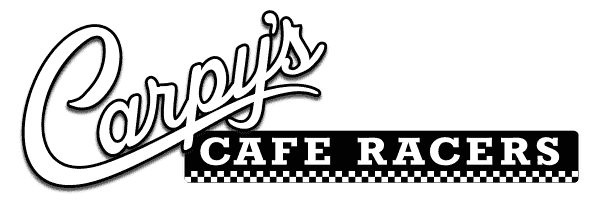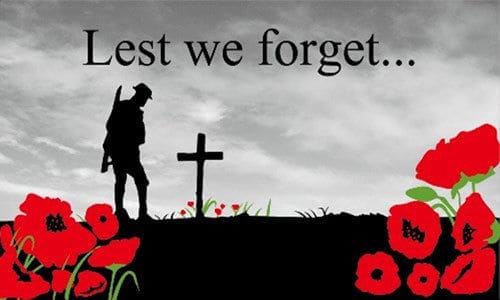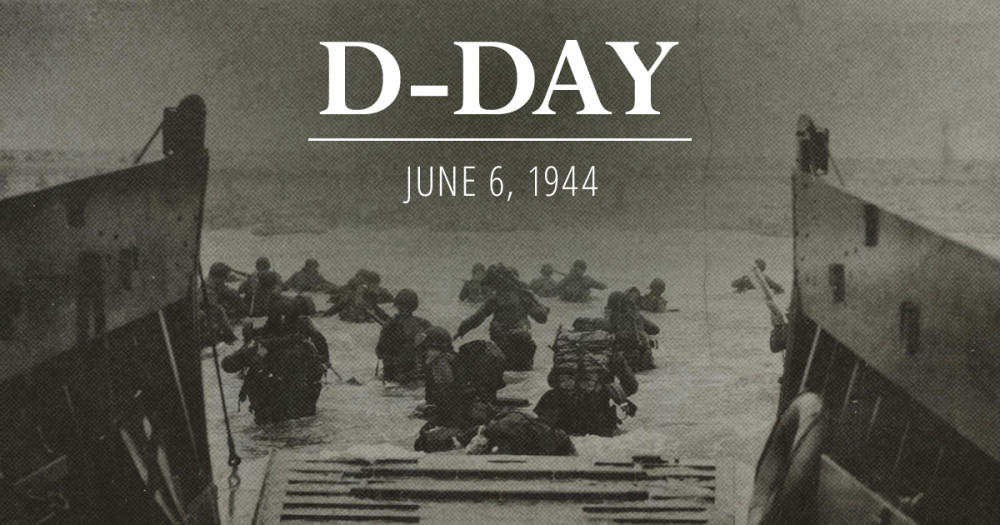Armistice Day is on 11 November and is also known as Remembrance Day. It marks the day World War One ended, at 11am on the 11th day of the 11th month, back in 1918. A two-minute silence is held at 11am to remember the people who have died in wars. Armistice Day is commemorated every year on 11 November to […]
Tag Archives: army
During World War II (1939-1945), the Battle of Normandy, which lasted from June 1944 to August 1944, resulted in the Allied liberation of Western Europe from Nazi Germany’s control. Codenamed Operation Overlord, the battle began on June 6, 1944, also known as D-Day, when some 156,000 American, British and Canadian forces landed on five beaches […]
We shall defend our island, whatever the cost may be, we shall fight on the beaches, we shall fight on the landing grounds, we shall fight in the fields and in the streets, we shall fight in the hills; we shall never surrender. Winston Churchill It is time like this I […]
It is memorial day today, I wanted to just send a big thank you to MY Grandad Hall, as a kid I only really knew him as Grandad, but that guy is one of my heroes for sure. Living in Enfield in North London, My mums side of the family were in the thick of […]


